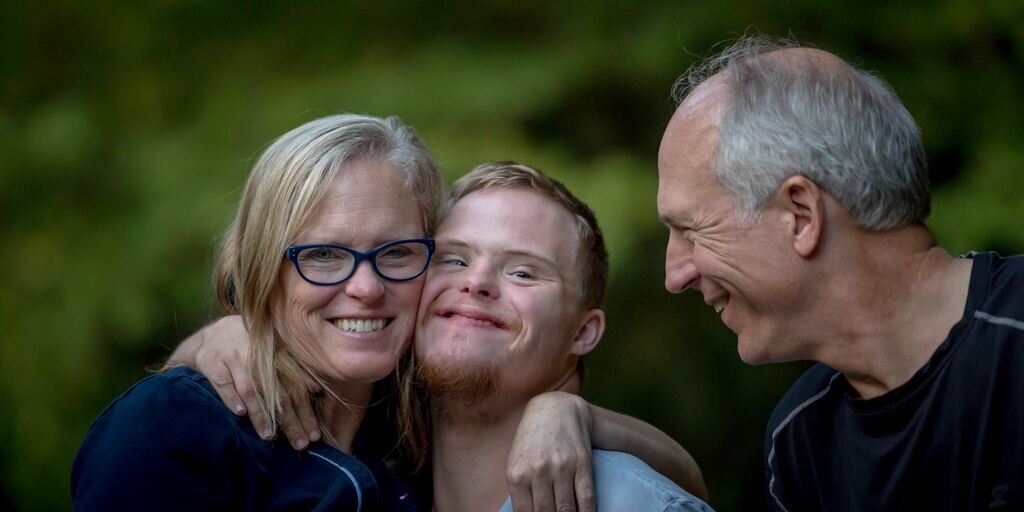4 Types Of Mental Health Disorders In Adolescence
Although many adolescents have good mental health, it is estimated that 49.5% of them have experienced mental health problems at some point in their lives. The good news is that encouraging strong mental health can help to avoid some issues. Early intervention through therapy can help with mental health disorders in adolescence and ease the burden they have on their lives. In this article, we’ll cover some of the most common mental health issues they may go through.
Is Poor Mental Health Common in Adolescence?
Adolescents commonly go through a wide variety of emotions as part of the normal developmental process. Teenagers may experience anxiety over their schoolwork and friendships, as well as depression following the loss of a close friend or family member. However, persistent symptoms that have an impact on a young person’s feelings, thoughts, and behavior are a hallmark of serious mental health issues.
Signs of Mental Health Disorder in Adolescence
In addition to interfering with daily routines and day-to-day functioning, mental health illnesses can also affect relationships, academic performance, sleep, and eating habits in adolescents.
Here are some common signs that an adolescent may be suffering from a mental health disorder:
- losing interest in hobbies they once loved
- having little energy
- having issues eating or sleeping
- Spending more time alone and avoiding social events
- Excessive diet, exercise, or binge-eating
- Inflicting harm on themself (e.g., burning or cutting their skin)
- Taking drugs, alcohol, or other substances.
- Engaging in risky or destructive behavior
- Having suicidal thoughts
- Believing their minds are being controlled, are out of control, or perceiving
Adolescents frequently suffer from anxiety, depression, attention deficit hyperactivity disorder, and eating disorders. Here’s a brief overview of each condition.
Anxiety
- characterized by intense trepidation, anxiety, and fear
- Examples include phobias, social anxiety disorder, obsessive-compulsive disorder, generalized anxiety disorder, and post-traumatic stress disorder.
- roughly 32% of 13 to 18-year-olds experience this condition.
In 2016, around 11% of teenagers aged 12 to 17 and 7% of kids aged 6 to 11 had a current diagnosis of an anxiety disorder.
During the first year of the COVID-19 pandemic, the proportion of youth experiencing clinically elevated anxiety symptoms—about 1 in 5—nearly doubled globally, highlighting the need for mental health support and services for adolescents.
Depression
- Desolate state of mind that interferes with their thoughts, feelings, and daily tasks such as sleeping, eating, and working
- Approximately 13% of 12- to 17-year-olds experience this condition.
- Major depressive disorder and seasonal affective disorder are two examples
Transcranial Magnetic Stimulation (TMS) is a non-invasive process that utilizes magnetic fields to provide stimulation to nerve cells within the brain. It currently supports the improvement of depressive symptoms in adults, and may be approved for adolescents to undergo in the future.
Attention-Deficit/Hyperactivity Disorder (ADHD)
- characterized by persistent inattentiveness and/or impulsivity that interferes with day-to-day activities or growth
- roughly 9% of 13 to 18-year-olds have this condition
Eating Disorders
- characterized by extreme and unusual eating habits, such as overeating or restricting one’s food intake
- occurs in around 3% of 13 to 18 year olds.
- Examples include binge eating disorder, bulimia, and anorexia nervosa.
Seek Help
Getting a neurological assessment is the first step to recovering from a mental health disorder. Consult your healthcare provider or a mental health expert if you notice any warning signs in yourself or an adolescent you know and feel the need to get help. In life-threatening situations, be sure to call 911 or head to the emergency room of your nearest hospital.






